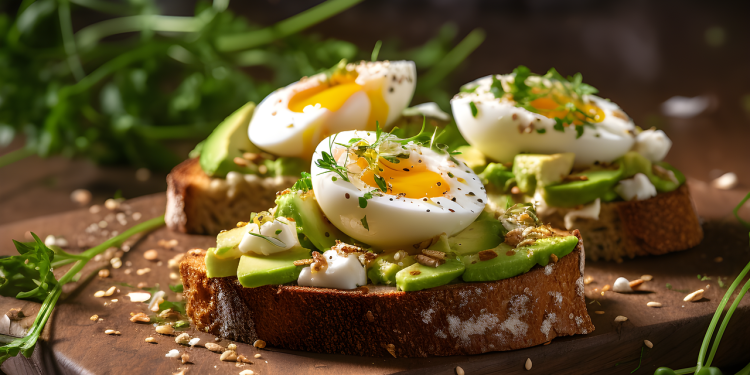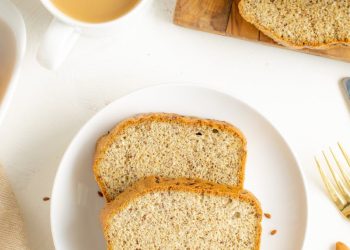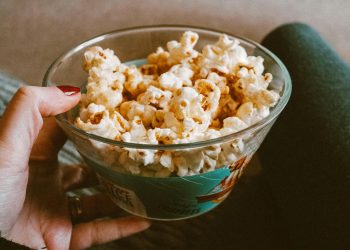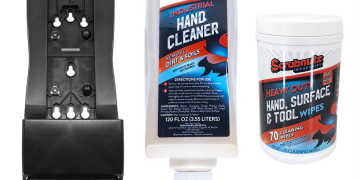Fueling your body after exercise is a crucial part of any fitness routine, especially when weight loss is the goal. The foods you consume post-workout directly impact your recovery, energy levels, and muscle repair. Eating the right nutrients can accelerate your progress, prevent fatigue, and ensure your body is primed for your next workout. Whether you’re hitting the gym, running, or practicing yoga, understanding what to eat after exercise can help you achieve your weight loss goals more effectively.
The Science Behind Post-Workout Nutrition
When you exercise, your body taps into glycogen stores to provide energy. Physical activity also creates micro-tears in your muscles, which are a natural part of building strength and endurance. To replenish glycogen and repair muscle tissue, your body needs specific nutrients—primarily carbohydrates and protein.
Consuming carbohydrates post-workout replenishes glycogen levels, while protein provides the amino acids necessary for muscle repair and growth. Together, these nutrients enhance recovery, reduce muscle soreness, and support lean muscle development, which is critical for maintaining a healthy metabolism.
Timing Your Post-Workout Meal
The timing of your post-workout meal matters. Nutritionists often refer to the “anabolic window,” a period of about 30 minutes to two hours after exercise when your body is particularly receptive to absorbing nutrients. During this time, consuming the right combination of carbohydrates and protein can optimize recovery and improve your results.
While the anabolic window isn’t as rigid as once believed, eating within this timeframe ensures your body receives the fuel it needs. Skipping post-workout nutrition can leave you feeling fatigued and may hinder your progress over time.
The Role of Protein in Recovery
Protein is essential for repairing and building muscle tissue. When you engage in resistance training or high-intensity workouts, your muscles experience stress that triggers the repair process. Protein provides the building blocks—amino acids—needed to rebuild stronger, leaner muscles.
A good rule of thumb is to aim for 20-30 grams of protein after a workout. Excellent sources include:
- Lean meats: Chicken, turkey, or lean beef.
- Fish: Salmon, tuna, or cod.
- Eggs: A versatile and nutrient-packed option.
- Plant-based proteins: Tofu, tempeh, or legumes.
- Protein shakes: Convenient for those on the go, especially when made with whey or plant-based protein powder.
Replenishing Glycogen with Carbohydrates
Carbohydrates often get a bad reputation, but they are essential for replenishing glycogen stores and providing the energy your body needs to recover. Choosing the right type of carbohydrates is key; focus on complex carbs that offer sustained energy and additional nutrients.
Aim for 30-50 grams of carbohydrates post-workout. Some great options include:
- Whole grains: Quinoa, brown rice, or whole-grain bread.
- Fruits: Bananas, berries, or apples for a quick, natural sugar boost.
- Starchy vegetables: Sweet potatoes or butternut squash.
- Legumes: Lentils or chickpeas for a protein and carb combo.
Pairing carbs with protein not only enhances recovery but also keeps you fuller for longer, reducing the temptation to snack on unhealthy options later.
Don’t Forget About Hydration
Hydration is often overlooked but is a critical component of post-workout recovery. During exercise, your body loses fluids and electrolytes through sweat. Replenishing these lost fluids is essential to prevent dehydration and maintain optimal performance.
Water is sufficient for most workouts, but for prolonged or intense sessions, consider an electrolyte-rich drink. Coconut water, sports drinks, or a pinch of salt and a squeeze of lemon in your water can help restore electrolyte balance.
Combining Nutrients for Maximum Impact
The best post-workout meals combine protein, carbohydrates, and healthy fats for a balanced approach to recovery. Healthy fats, though not the primary focus, play a supporting role by reducing inflammation and providing long-lasting energy. Some examples of well-rounded post-workout meals include:
- Grilled chicken with quinoa and steamed vegetables.
- A smoothie made with whey protein, a banana, spinach, and almond butter.
- Scrambled eggs with avocado and whole-grain toast.
- Baked salmon with sweet potato and a side of mixed greens.
- Greek yogurt topped with berries, nuts, and a drizzle of honey.
Tailoring Nutrition to Your Goals
Weight loss is a highly individualized journey, and your post-workout nutrition should align with your overall goals. If your primary objective is to shed pounds, focus on portion control and nutrient-dense foods that keep you satiated without exceeding your caloric needs.
Consider tracking your macronutrient intake to ensure you’re hitting the right balance for your activity level. Apps and tools can help you monitor your protein, carbohydrate, and fat consumption, making it easier to adjust as needed.
The Role of Meal Timing Throughout the Day
While post-workout nutrition is essential, it’s equally important to maintain balanced meals throughout the day. Skipping meals or undereating can lead to energy crashes, cravings, and muscle loss—all of which can derail your weight loss efforts.
Ensure that your breakfast, lunch, dinner, and snacks are balanced and consistent with your fitness goals. By maintaining steady energy levels, you’ll stay more motivated and perform better during workouts.
Avoiding Common Pitfalls
When it comes to post-workout nutrition, there are a few common mistakes to avoid:
- Overeating: While it’s important to refuel, consuming more calories than you’ve burned can hinder weight loss. Focus on portion control and nutrient-dense foods.
- Choosing unhealthy options: Opting for high-sugar or processed foods post-workout may provide quick energy but can lead to crashes and poor recovery.
- Neglecting hydration: Dehydration can impair recovery and performance, so always prioritize fluid intake.
- Skipping meals: Failing to eat after a workout can leave your body undernourished, slowing recovery and reducing energy levels.
Listening to Your Body
Every individual is different, and understanding how your body responds to certain foods and workouts is key to optimizing your results. Pay attention to how you feel after meals and adjust your nutrition plan accordingly. If a particular food leaves you feeling sluggish or unsatisfied, experiment with alternatives until you find what works best for you.
Building Sustainable Habits
Consistency is the foundation of successful weight loss and fitness journeys. Developing a post-workout nutrition routine that you enjoy and can maintain over the long term is far more effective than following rigid rules or temporary diets. By prioritizing whole, nutrient-rich foods and listening to your body, you’ll create a sustainable approach to health and wellness.
By making informed choices about what to eat after a workout, you’ll not only maximize weight loss but also enhance your overall physical performance and recovery. A balanced, mindful approach to post-workout nutrition sets the stage for long-term success and a healthier, stronger you.










